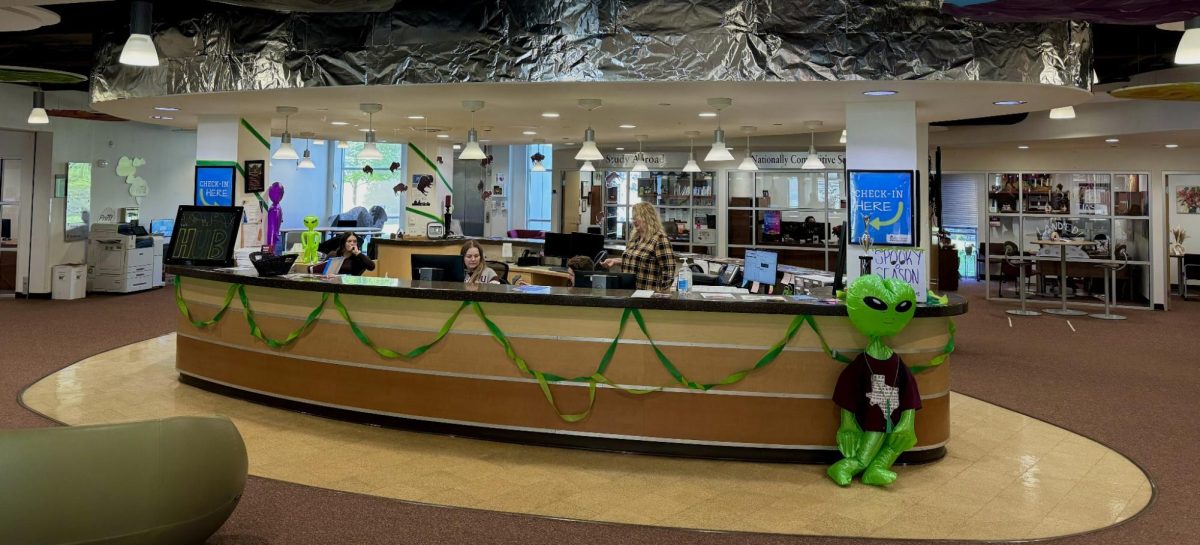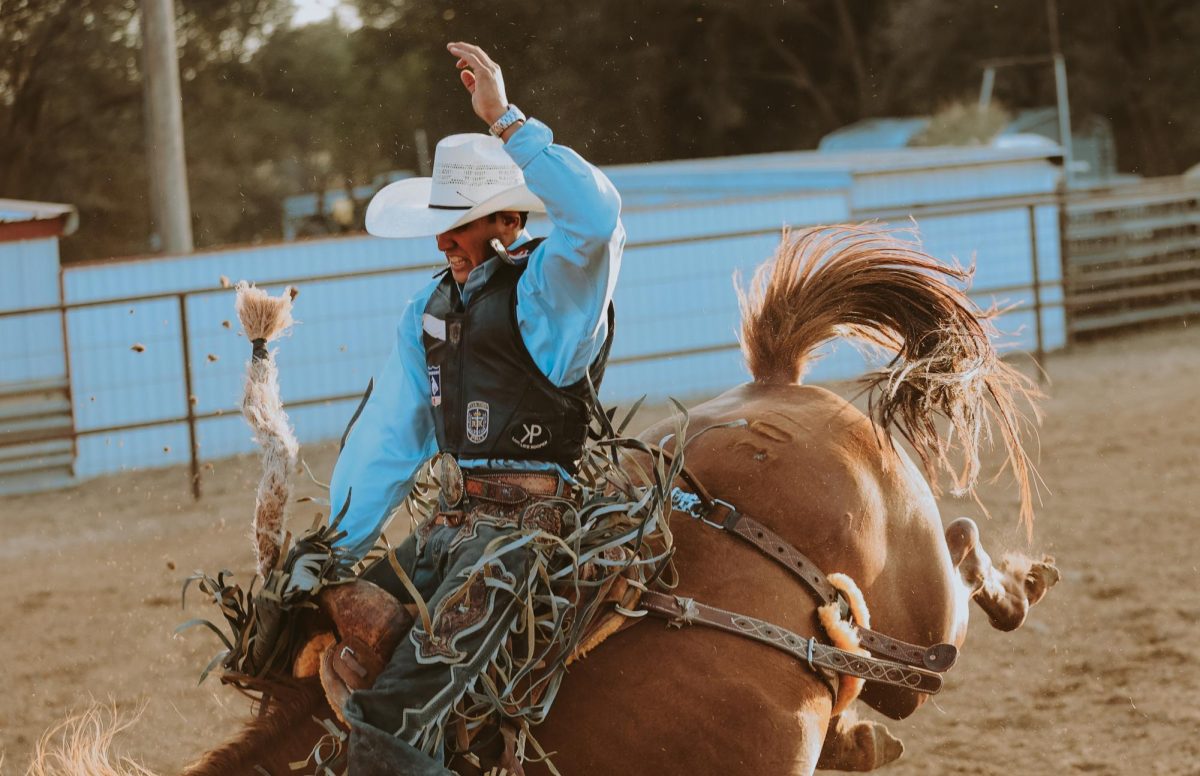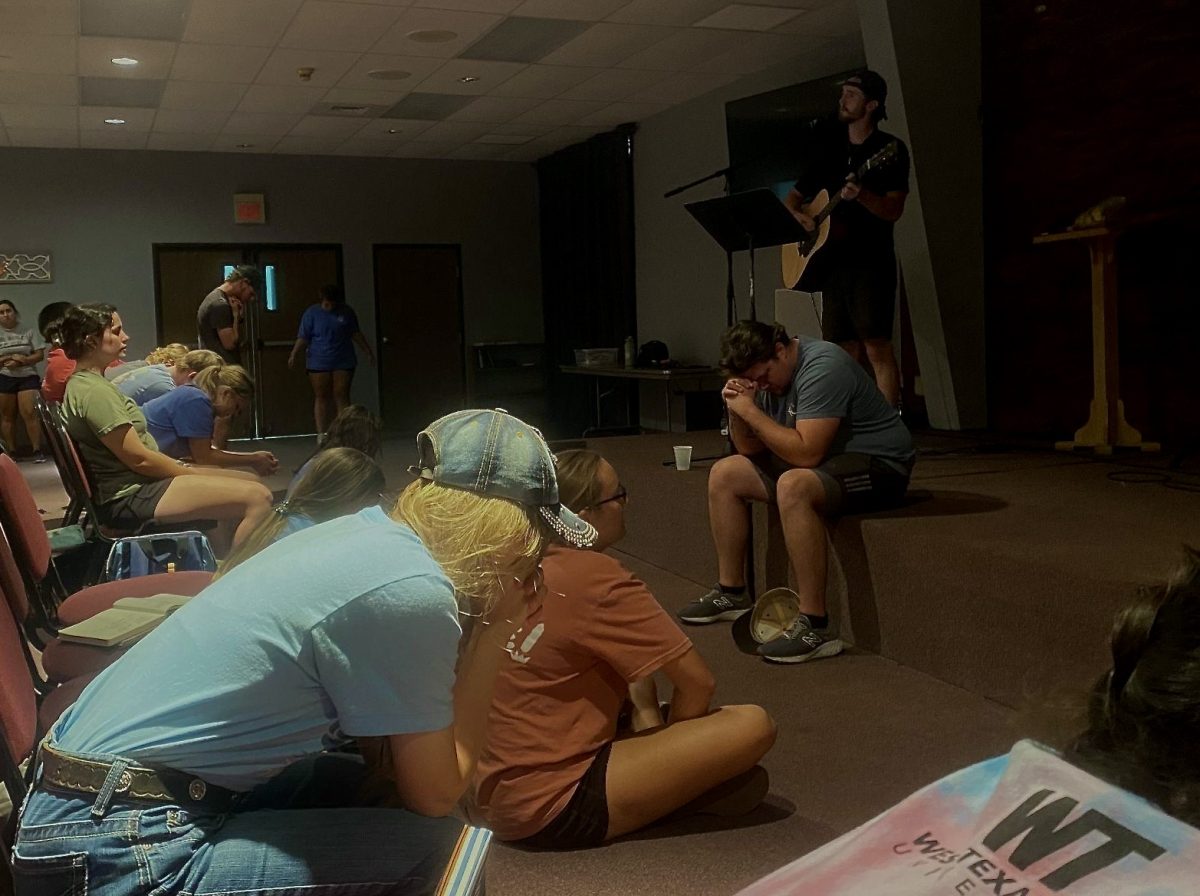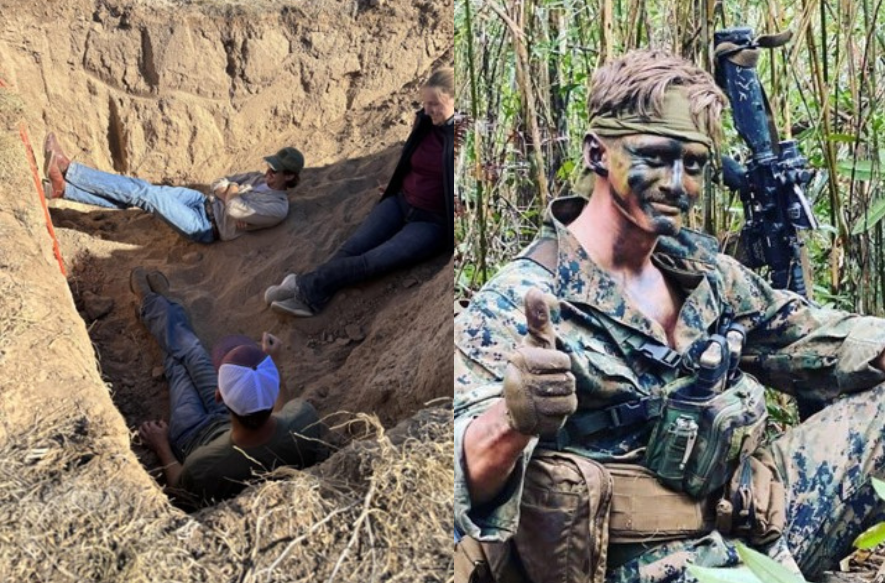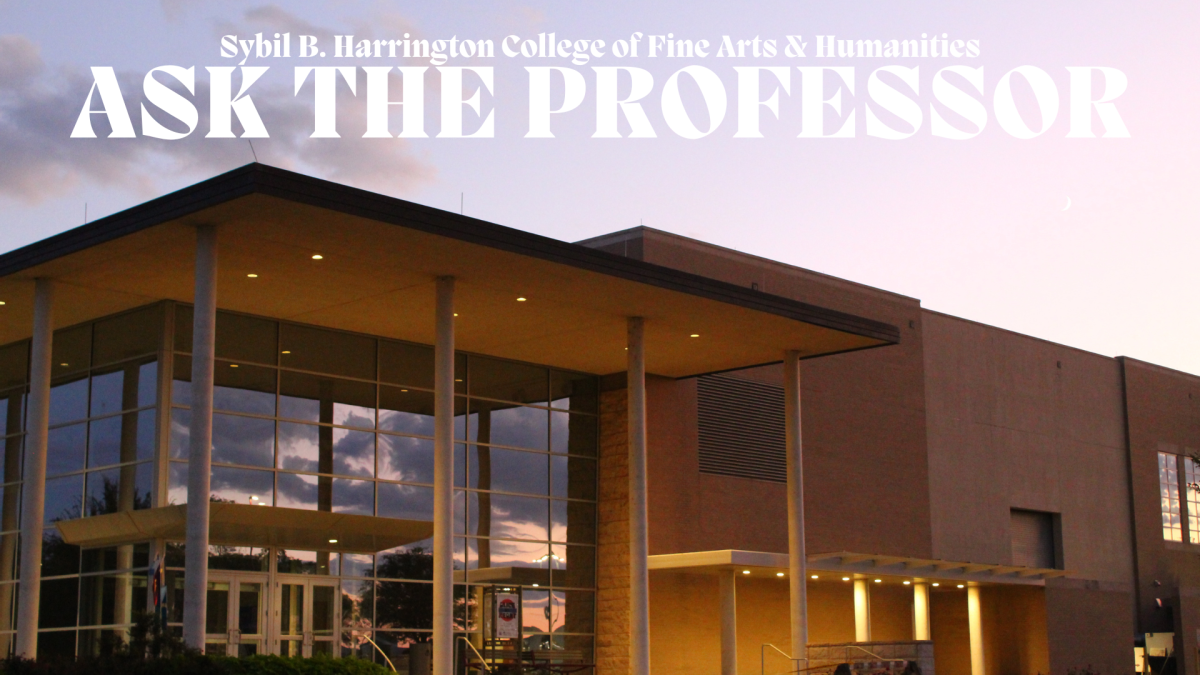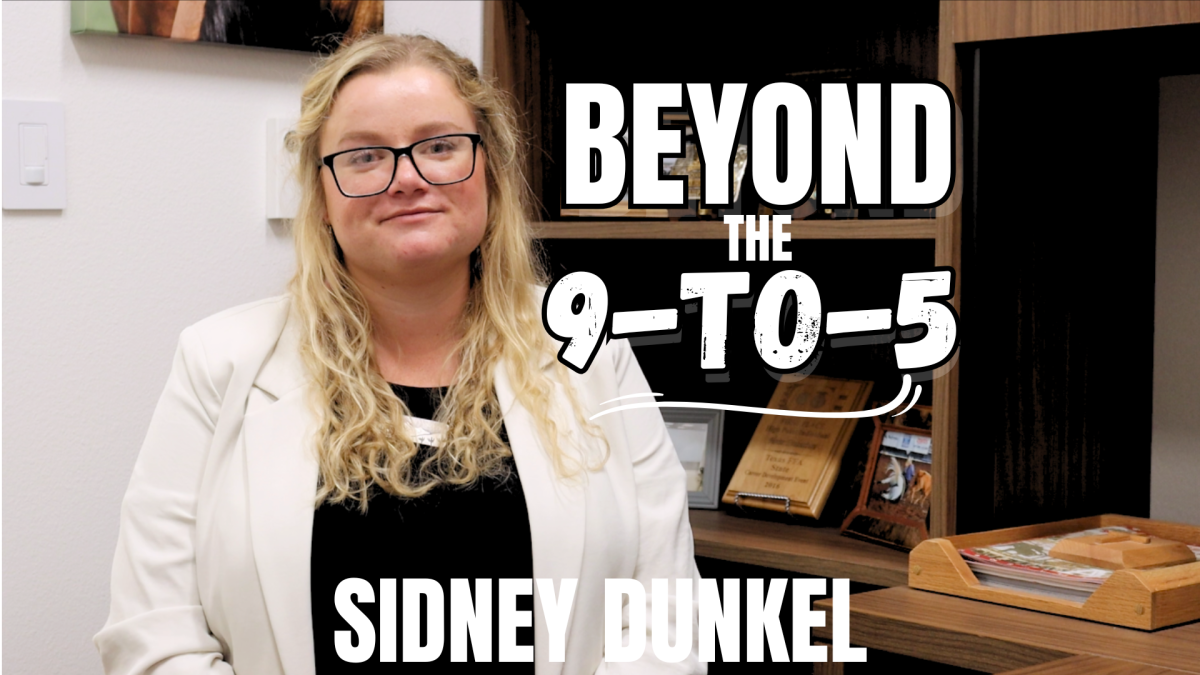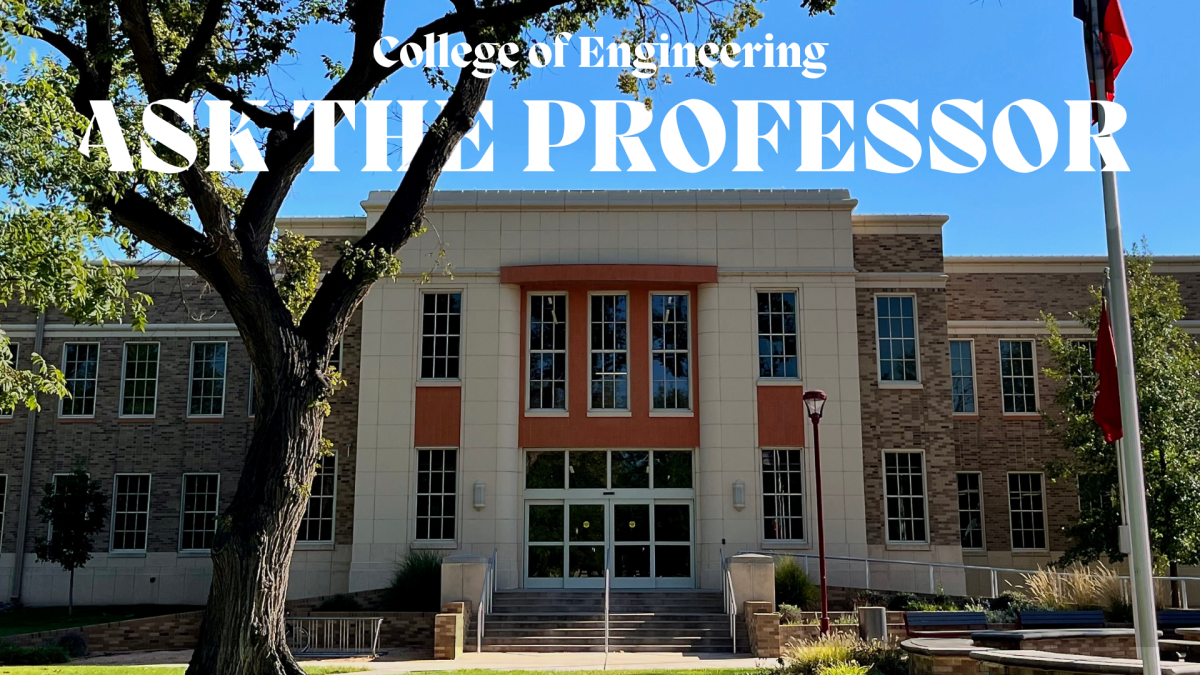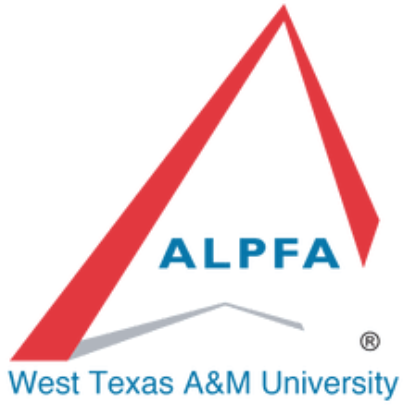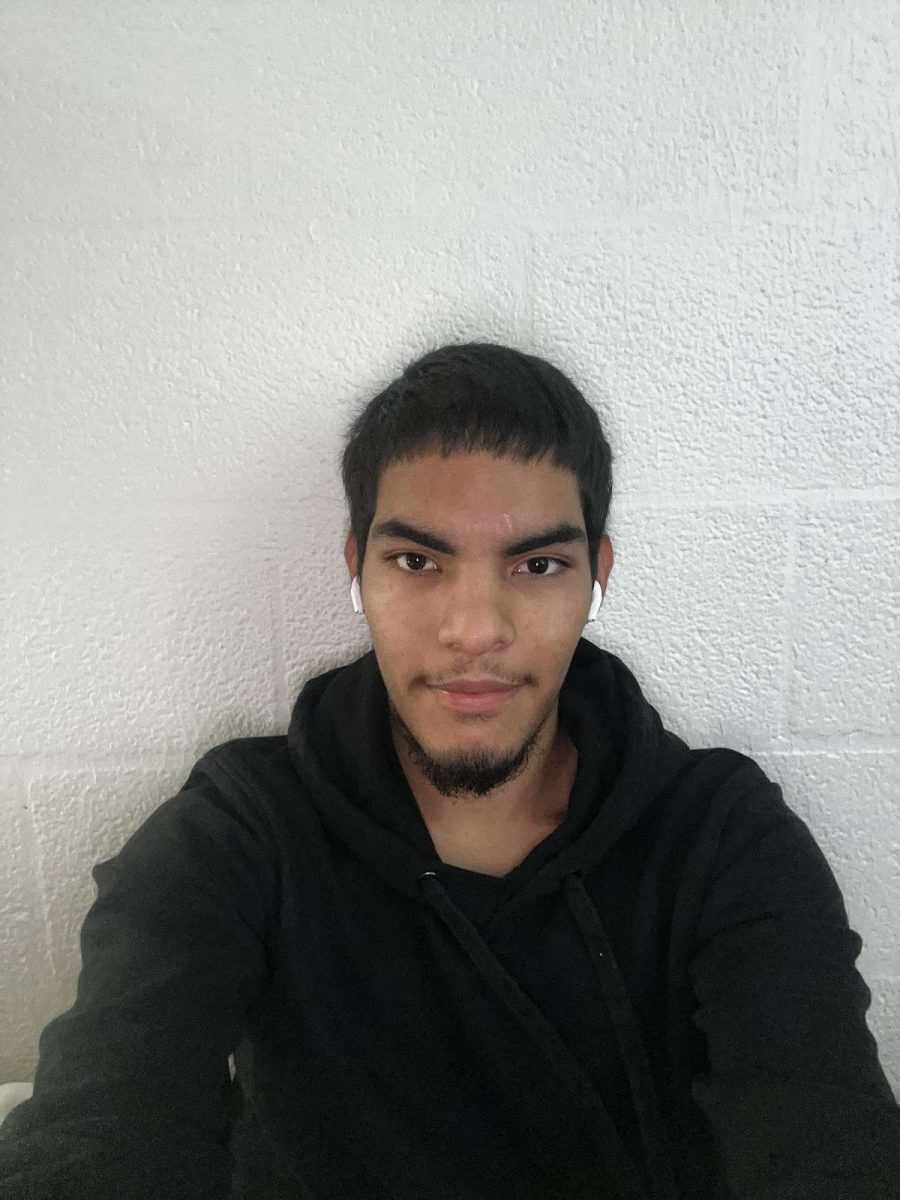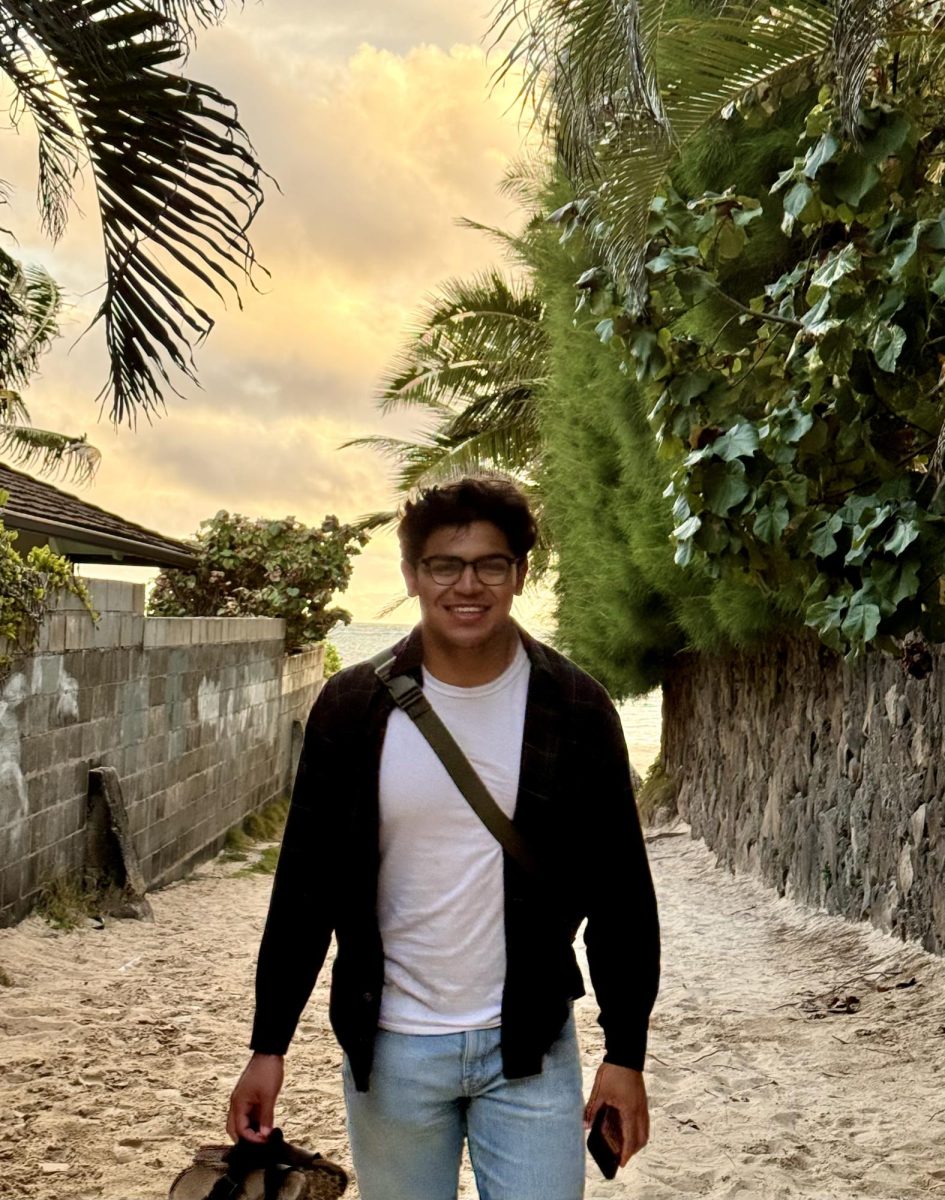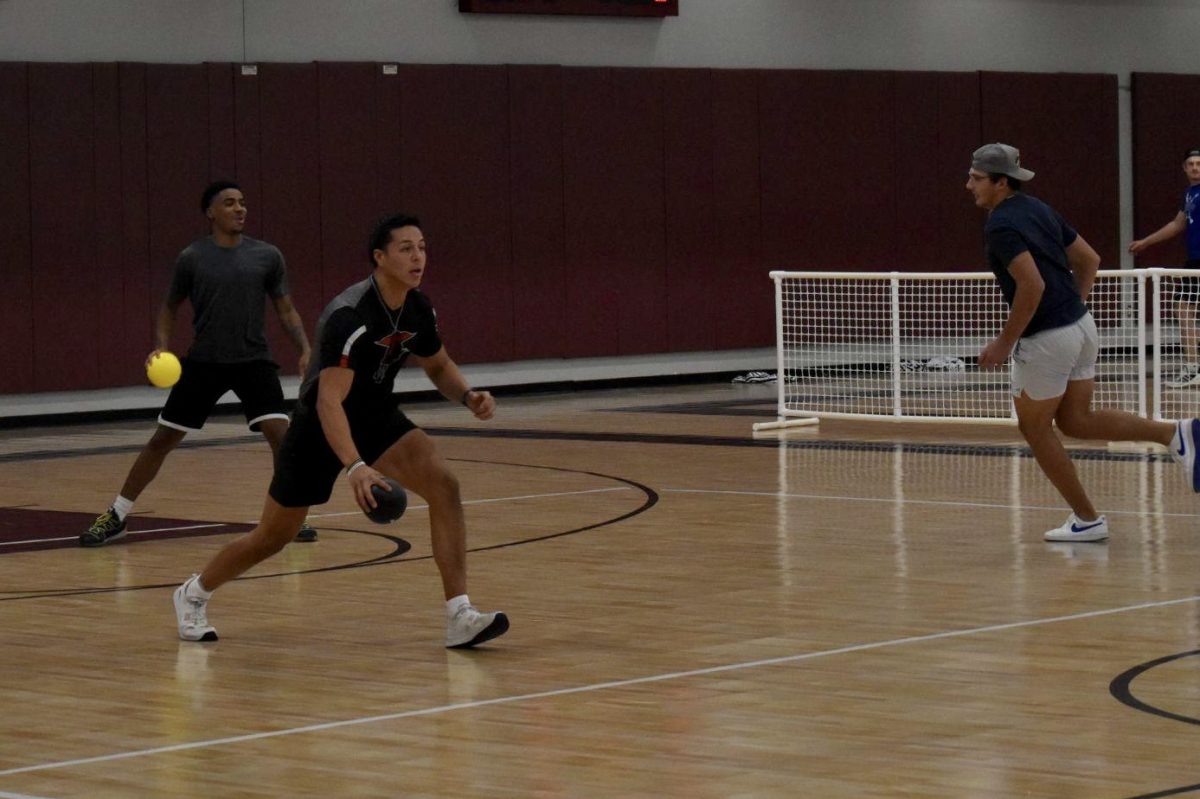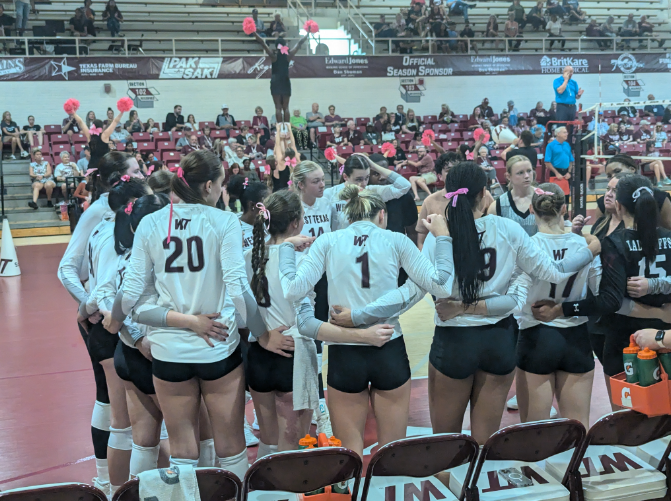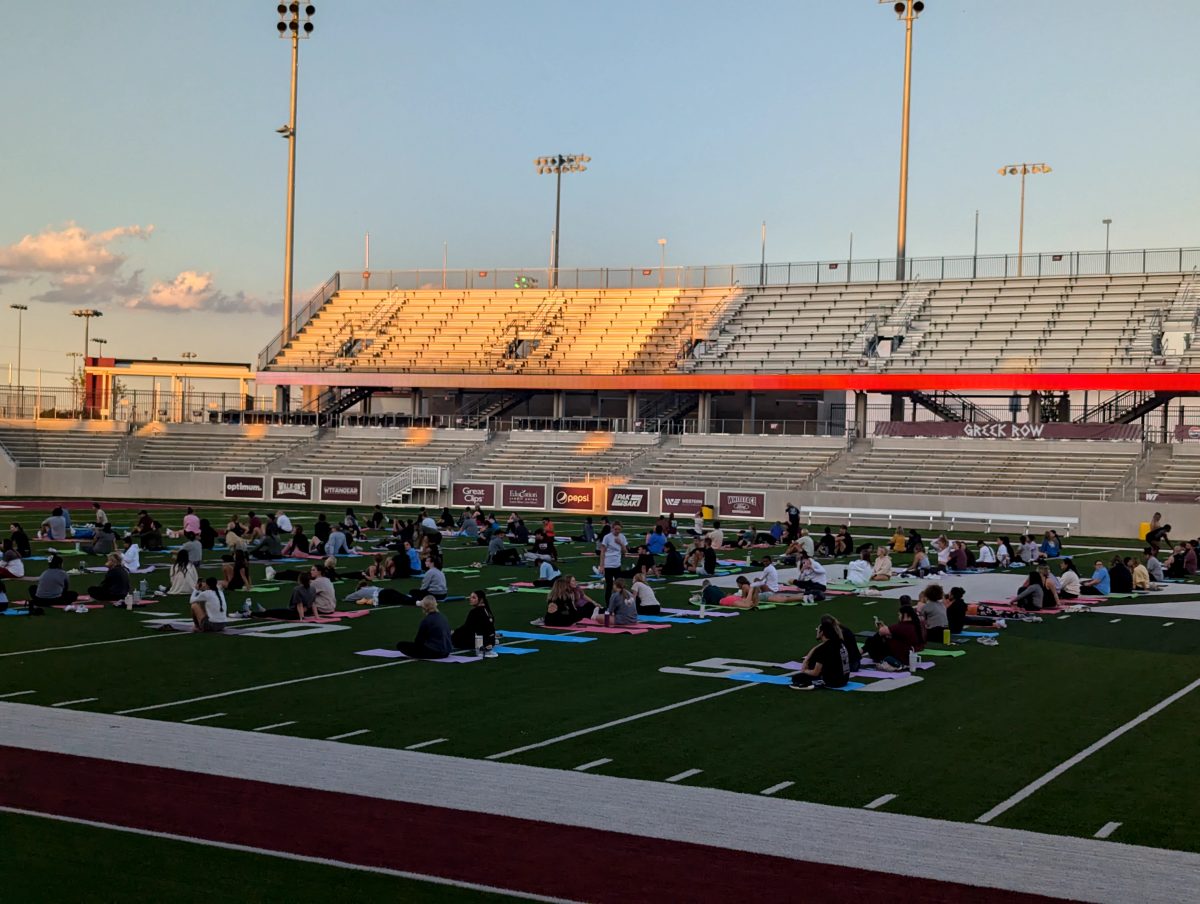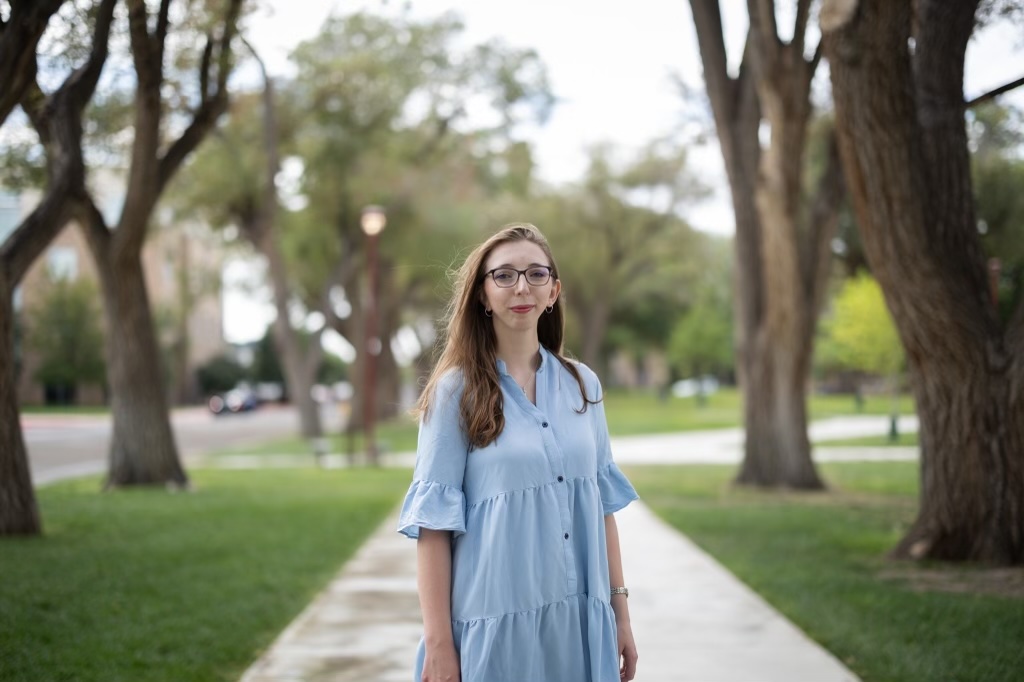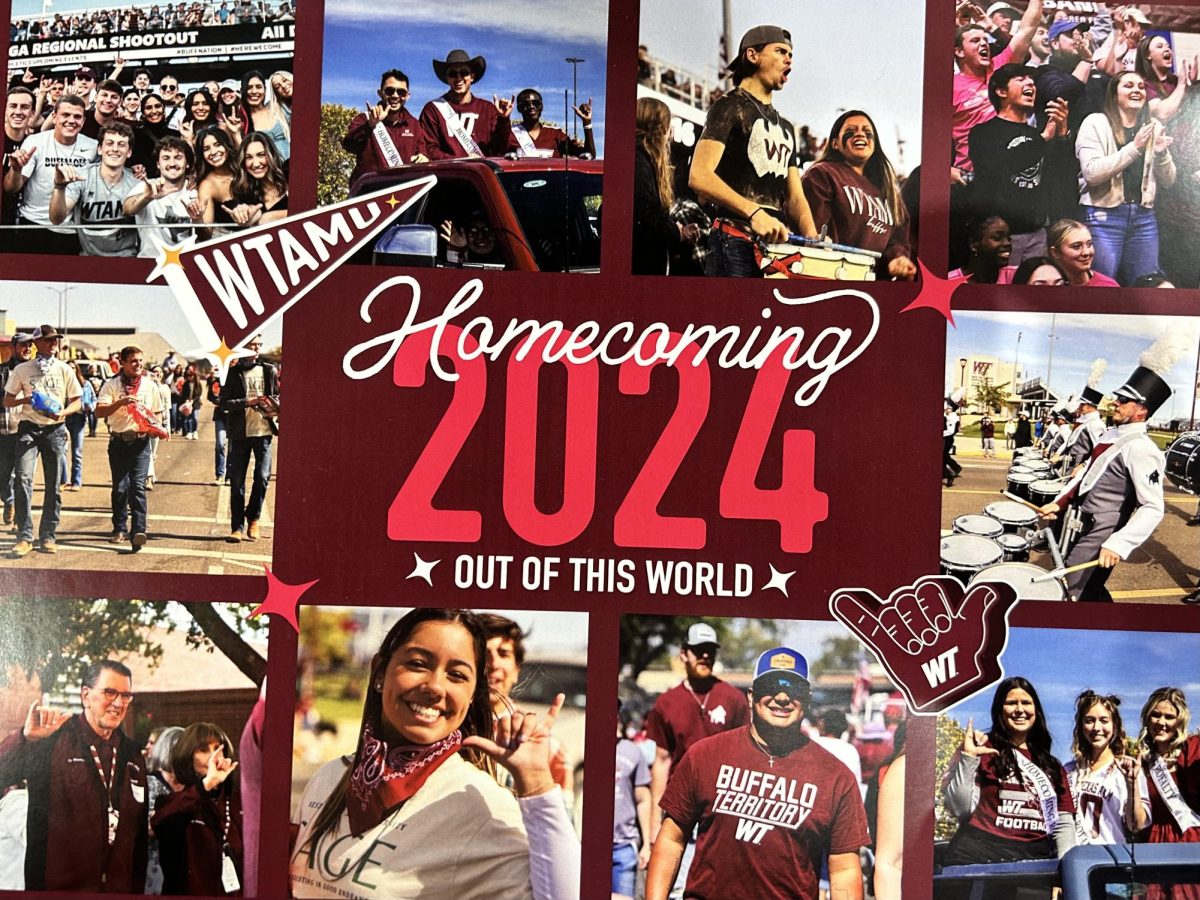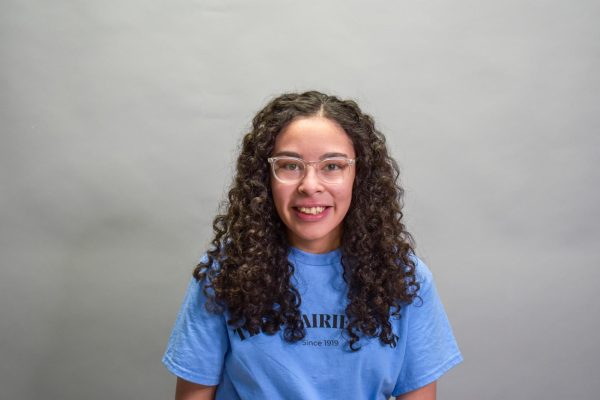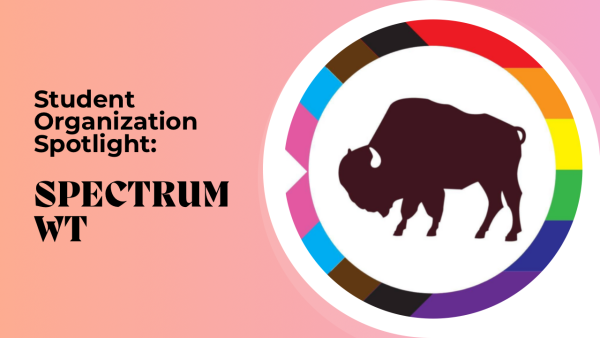
Spectrum WT is a student organization for West Test A&M University’s LGBTQIA+ students and allies. The organization serves as a support group and community for LGBTQIA+ students at WT. The organization’s vice president, Marcus Stovall, highlighted the welcoming environment that motivated their involvement and explained the organization’s impact on individuals seeking acceptance and support.
What is it that Spectrum does for students at WT?
MS: Our big focus is just providing a safe space. As we all know, the Texas Panhandle is not the most queer friendly region. So, it’s really important that we have a place where students can go and be authentic to themselves without fear of judgment.
When and where do y’all meet?
MS: We meet every Thursday in Classroom Center 335 at 7pm.
How many people are in your organization? Does it kind of fluctuate?
MS: It definitely fluctuates. People we have come to meetings can vary between 10 and 20. And our enrollment is higher or lower, depending on the year.
Why is it important to have an organization like this on campus, especially one like WT?
MS: As I said before, the Texas Panhandle is definitely not the friendliest place for queer people. I think anyone who’s lived, being out in this region, for any amount of time has experienced hatred and intolerance. So, in a place where it’s not necessarily safe to be yourself, and welcome to be yourself, it’s really important that we have a group that shows you are okay, you are loved, you’re valued. You can be yourself and you can come here and no one’s going to judge you.
Your mission statement is to foster diversity, equality and awareness through education and community. Why is it important to foster those things?
MS: I mean, we’re all humans, we all share one space on Earth. So, it’s important to be able to cohabitate and, you know, exist with people who are different from you, be it; who they love, how they love, how they present, how they look, what gender someone is. None of that matters, we’re all humans, and we need to treat each other with love and respect.
It says that y’all do this through education and community. What are some of the ways that y’all do that?
MS: For education: It varies year from year, but we always try to do a couple meetings that focus on queer history and things like that. Last semester, we did a queer history night where we sat and talked about events throughout history, and we put on a documentary and we learned about the Stonewall riots and some of the transgender women who led the way for that and the movement for gay marriage and just queer rights in general in the United States. And then for community outreach, we think service is important. Last semester, we volunteered with PASO, which is the Panhandle AIDS Support Organization. We volunteered at their Turnabout Charity Drag Show. It was just all about raising money, raising awareness and having fun. And this semester, just like we did last semester, we’re hosting a charity drag show where all proceeds are going to go to the Trevor Project.
Why is it important for Spectrum to be a place where everyone feels welcomed and included?
MS: Texas is not the most friendly place in the world. I know that I have experience just about once a week as a gay, transgender, queer man, where people don’t like me, people feel uncomfortable about me, and people don’t like the lifestyle I live. And whenever you face that every single day, it definitely tends to wear you down. So, just having a place where you can go and be authentic to yourself and not have to be afraid.
How can people stay in touch or contact or even get involved with Spectrum?
MS: The best thing to do is come to our meetings, we can set you up there. We post on our Instagram at @wtamuspectrum. We post our meeting updates on our Instagram account. We will be posting our schedule once we make it. Again, coming to the meetings every Thursday at 7pm in Classroom Center 335. You can come, we’ll put you in the GroupMe, you get on the Announcements channel. We’re always welcoming, we will always have room for more people.
Is there anything else you’d like to share about your organization?
MS: We’re growing. You don’t have to be gay to come. You don’t have to be LGBTQ plus, we love our allies. We have allies who come to the meetings, they’re great. And it’s just a lot of fun. Everyone’s welcome, you come and just have some pizza, if we’re doing that. Come to our potlucks, come play games with us. If you don’t know much about the community, come to one of our queer history nights. It’s a lot of fun, and we’re working on doing more outreach. We’re planning on collaborating with [Amarillo College] Pride to try to get the Panhandle community as a whole, more things on it together, and reaching out so that everyone’s welcome, everyone’s included, and we’re here and we’re queer.
Do y’all have any plans for the future?
MS: The big one is our “Don’t be a Drag” Drag Show is going to be March 22. We’re hosting it in Legacy Hall, as long as it doesn’t get canceled again. But currently, we have plans, we’re going full fledged. It’s going to be a fun time. We’re going to have local drag queens performing, we’re going to have students performing, some of them for the first time, lots of up and coming talent. It’s just going to be a big event. All the money we get from it is going to the Trevor Project, which if you don’t know is a charity that focuses on suicide prevention in queer youth, which is a huge issue.
What made you want to get involved with Spectrum?
MS: Whenever I came to WT, my plans were not to get involved. I didn’t even know there was a Gay Straight Alliance. I remember showing up at WT and being so anxious and so scared, being 18 years old, fresh out of high school, where I was bullied relentlessly for being gay. Seeing a table set up with all kinds of pride flags, and just friendly people, [I] walked past it about seven times, walked up to them and said, “Are you guys gay?” and they looked at me like I was crazy. I looked around and said, “Is that safe?” And they’re like, “Yeah, this is Spectrum, we have our group.” And that just blew my mind. They were not only safe, but welcome to just be out and be open about who they were. And I just knew from then that I had to get involved.
What is Spectrum doing now to try and get their name out there and make sure that everyone knows that it’s an organization on campus?
MS: Visibility is our big focus right now. You’ll probably catch us at least once every other week out in the JBK this semester tabling, handing out stickers, handing out flyers, trying to get people to come to meetings. I’m sure everyone’s seen our posters on the bulletin boards. Whenever we have our meetings set up and scheduled, we like to put up just an overview so people can see. Visibility is our big thing, posting more on our social medias, and just making sure to show up and that people know we’re around.



